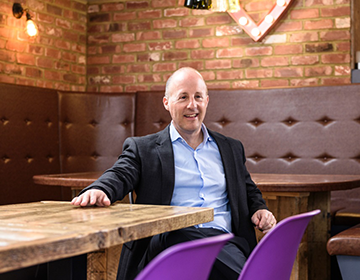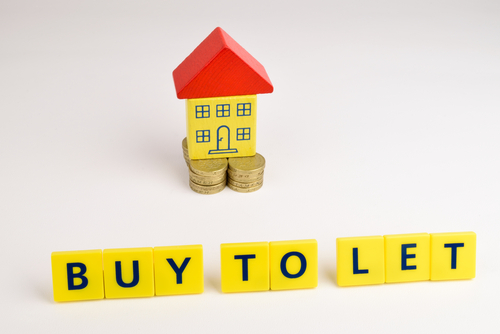There is no sign of a UK housing bubble but constant scare talk could crush the fragile recovery, mortgage industry analysts have warned.
Their warnings followed two sets of high-profile data from the Land Registry and Nationwide, which showed signs of a growing recovery, but no bubble, at least outside London.
House prices in England and Wales rose just 1.3% over the past of months to £164,654, according to Land Registry figures, while London house prices rose 7.1%.
Figures from Nationwide were more bullish, showing that prices rose 5% in the 12 months to September, to an average of £172,127. Prices in London grew 10% in the year.
Brian Murphy, head of lending at Mortgage Advice Bureau, said: "After a sustained period of stagnation, it would surely be a greater concern if we were not seeing house prices recover. News of continued growth should be taken as a cause for celebration, with the improving outlook showing that confidence has improved and affordability measures such as Help to Buy are working.
“It is no surprise that London continues to lead annual growth. While London house prices are currently 8% above their 2007 peak, it’s important to remember that London has always been a hub of property investment and was one of the areas least affected by the recession. It makes no sense to take London as a marker for house prices across the country.
“Instead it’s vital we see the bigger picture which is that the average UK house price remains 8% below the peak of 2007. The Bank of England is poised to take action if needs be, so let’s not undo the good work so far and focus instead on preparing for part two of Help to Buy. Instead of scaring consumers, we need to get the message out that genuine 95% mortgages will soon be available to help them access the property ladder.”
Peter Williams, executive director of the Intermediary Mortgage Lenders Association, said: “The regional variations in today’s house price indices are further evidence that caution has not been abandoned and Help to Buy 1 has not triggered a scenario of massive price inflation.
"After five years of stagnation it is encouraging to see a continuing recovery in the market, but with limited impact in many areas so far this is no time to turn off the tap of government support. We are far away from either a doomsday scenario or a complete market recovery."
David Newnes, director of LSL Property Services, said: “The credit bottleneck which pent-up demand after the financial crisis is finally starting to be cleared. What we’re seeing is a relatively normal market correction, not a quick transition from a recession to a boom.
“Mortgage lending is being done sensibly. There has been no throwback to the 2000s. There is no sub-prime mortgage lending, very little lending at high salary multiples, and high loan-to-value lending is still well below the levels seen in 2007. Caution and responsibility are the watchwords of the modern housing and mortgage markets."
Nicholas Ayre, managing director of homebuying agency Home Fusion, said: "'Despite the latest jump in house prices, this will be a long, slow recovery. Much ground has been lost and transactions and lending levels are running at a fraction of what they were at the height of the housing boom."
Jonathan Hopper, managing director of property finders, Garrington, said: "What we need is continued steady growth and a change in focus from just house prices to recorded transaction volumes, which arguably is an even more important indicator of the health of the market.
"The Nationwide's figures show that with an annual price increase of only 5% we are far from a bubble and overall UK house prices are still around 8% below 2007 numbers."
Peter Rollings, CEO at Marsh & Parsons, added: “The annual price increases for London are on a completely different plain. London is a market within a market, where the price of property bears little relation to wages and affordability. An imbalance of supply and demand means that property is changing hands in record time and for close to the asking price. But the entire UK property market cannot be judged on what happens in the capital."














Comments
To prevent the governments’ mortgage guarantee programme causing a house price bubble, a Surcharge Interest Rate (SIR) will need to be added to mortgages where necessary.
The SIR would only be applied in postcode areas where house prices are moving ahead of general inflation. Unlike conventional interest payments, the house buyer would not lose their SIR payment permanently. Instead, the SIR would be paid into a bonded savings account, with the additional interest payments being released when the mortgage is paid in full.
This scheme is discussed in detail at http://www.cheshire-innovation.com/Surcharge%20Interest%20Rates.htm